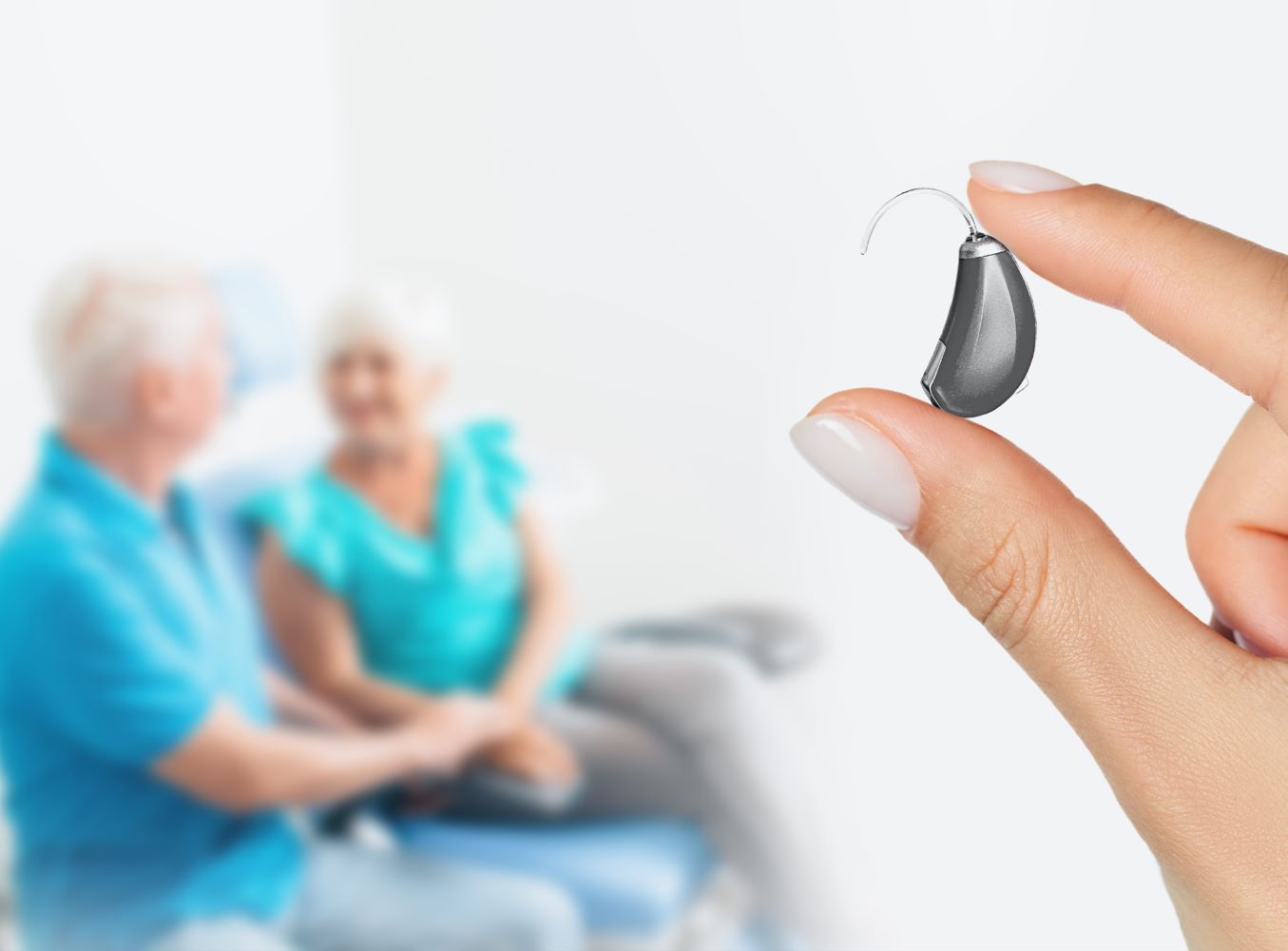Different Levels of Loss
There are different levels of hearing loss. These can range all the way from mild to severe. Hearing loss also varies depending on pitch or frequency. A hearing professional will provide a group of tests to decide how much loss is being experienced compared to adults with normal hearing.
The sound volume your ear hears is measured using decibels(dB). The faintest whisper being 15-20 dB and the loudness of an engine of a jet being 120 dB. Thresholds are the slightest sounds a person can hear. For adults, the normal range for hearing threshold is 0-25 dB within a range of tested frequencies. Speech testing is given as a part of the evaluation to evaluate the levels of individual words a person can clearly hear. These tests combine to determine what kind of hearing loss you are experiencing. These can be put into categories of conductive, sensorineural or mixed.
Conductive Hearing Loss
When an issue with how the sound is being transmitted to the cochlea and inner ear, the result is conductive hearing loss. The location of the issue may come from the eardrum, ear canal, or middle ear. With this kind of hearing loss the auditory nerve and inner ear are not affected.
Most of the symptoms a person experiences with conductive hearing loss are typical with other types of hearing loss. However, a person may experience sounds that appear muffled or too quiet to hear clearly.
Frequent causes of conductive hearing loss include:
- Earwax blockage
- Middle or outer ear infections
- Middle ear bone deterioration (ossicles)
- Tympanic membrane perforation or hole in the eardrum
- Otosclerosis, fixation of the ossicles
- Missing outer ear or middle ear structures
Depending on the problem’s source, conductive hearing loss may only be temporary or can be permanent. For some cases of conductive hearing loss, medical management can fix the problem. For long-term or permanent cases, a professional may suggest hearing instruments.
Sensorineural Hearing Loss
When there is a problem with the hearing system’s sensory receptors, sensorineural hearing loss occurs. This specifically affects the cochlea of the inner ear or auditory nerve. This is usually the result of damage to or an abnormality of the hair cells in the cochlea. This particular abnormality keeps sound from being transmitted in the usual way to the brain. This results in hearing loss.
A person with sensorineural hearing loss may suffer from Tinnitus, hear speech that is muffled, or have trouble hearing noises in the background or speech clearly.
There are several causes of sensorineural hearing loss, which include:
- Congenital: Since birth, the hair cells have been abnormal, which makes it a congenital condition.
- Damage to hair cells: Hearing loss occurs because of trauma, overexposure to noise, infection or drugs.
- Presbycusis: hearing loss that is age related
Sensorineural hearing loss is often permanent and may either remain stable or become worse with time. Someone with sensorineural hearing loss should have routine hearing exams to monitor their hearing loss. The most often prescribed and successful treatment is the use of hearing aids. These allow a professional to make adjustments as needed.
Mixed Hearing Loss
When a person has the experience of sensorineural hearing loss combined with conductive hearing loss, this is considered mixed hearing loss. They experience problems with both the inner ear and middle and/or outer ear.
Mixed hearing loss can sometimes be treated with medical management, and hearing aids are a common treatment recommendation.
Medical management is usually used to treat mixed hearing loss, with the most common treatment being the use of hearing aids.




